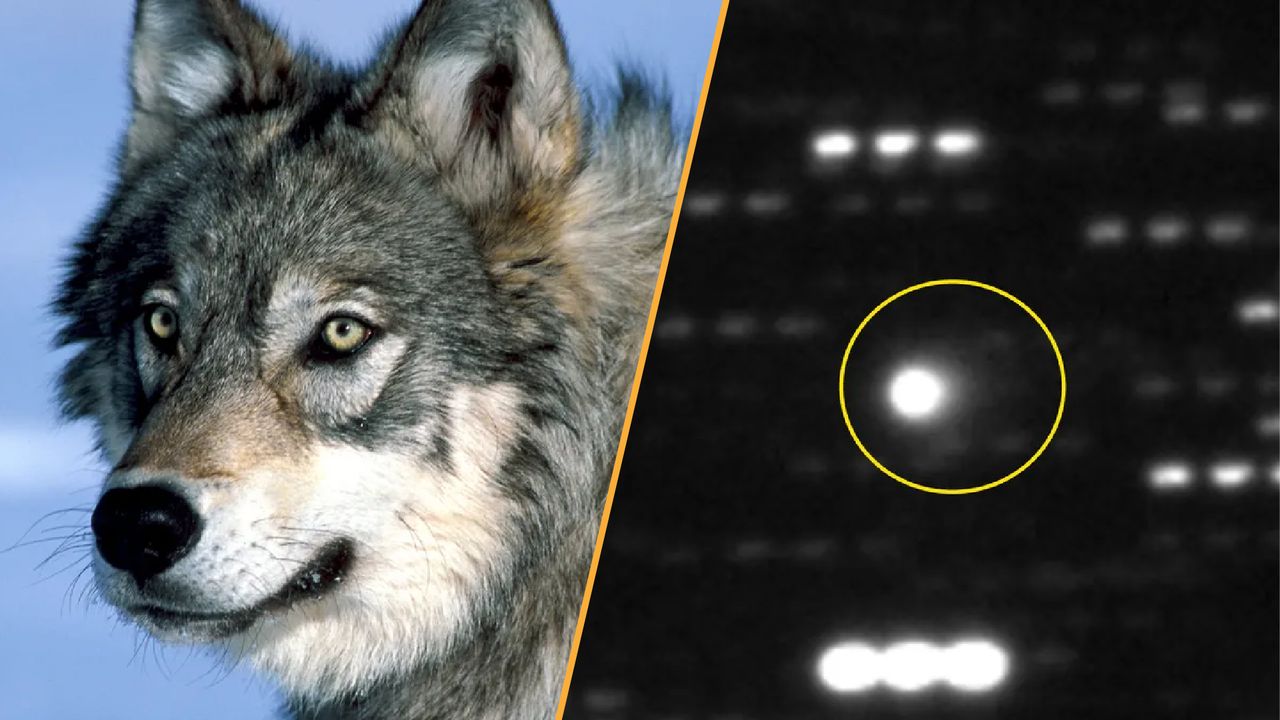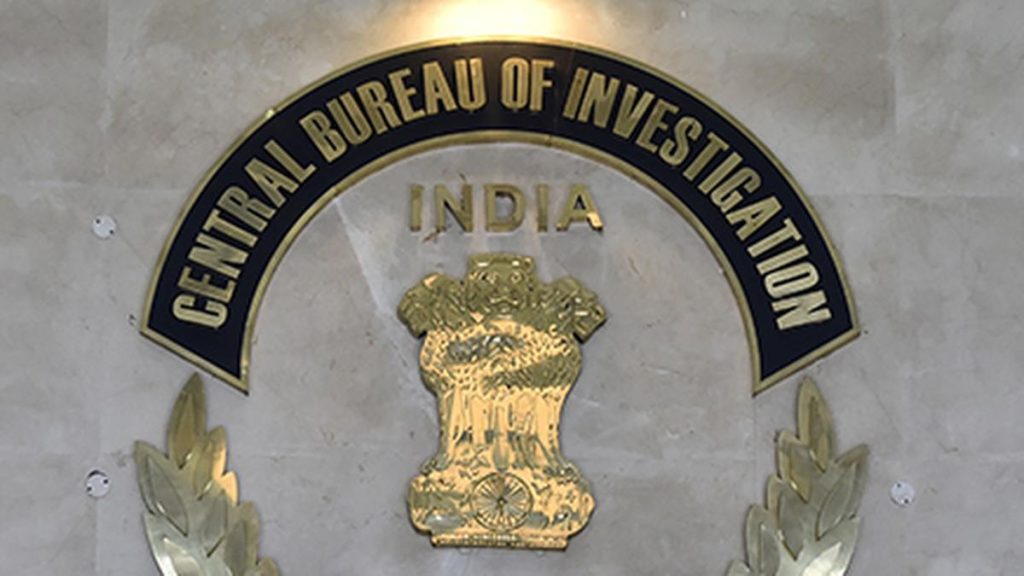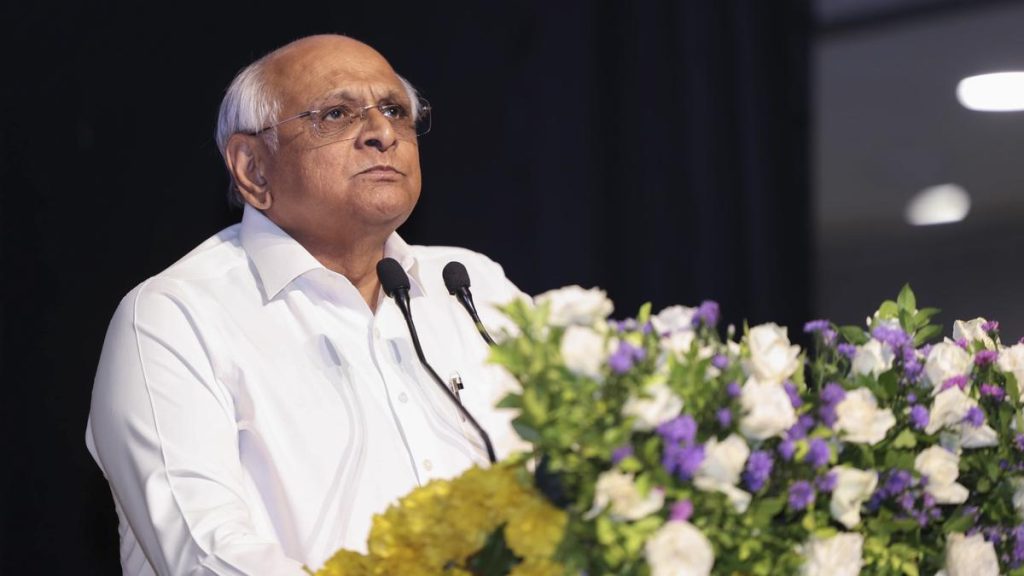Now Reading: Wolves Aid Yellowstone’s Forest Revival; Largest Interstellar Object Discovered
1
-
01
Wolves Aid Yellowstone’s Forest Revival; Largest Interstellar Object Discovered
Wolves Aid Yellowstone’s Forest Revival; Largest Interstellar Object Discovered

speedy Summary
- Scientists identified 3I/ATLAS as the largest interstellar comet observed in our solar system and dismissed suggestions of it being alien technology as unscientific.
- Discovery Channel hosted “Shark Week,” featuring unique findings such as black mako sharks off California and behavioral insights like sharks freezing when flipped upside down.
- Gray wolves, reintroduced to Yellowstone National Park in 1995, have indirectly revived quaking aspens, which had faced 80 years of decline due to unchecked elk populations.
- The sun has a finite life span; its eventual transformation into a red giant will alter the solar system fundamentally.
- A humanoid robot from China called Walker S2 can autonomously swap its batteries for uninterrupted operation in industrial settings.
Images:
- An immobilized Yellowstone wolf during collaring operations – credit: William Campbell/Getty Images (Image link provided).
- Artistic illustration of the sun and planets in space – credit: alexandarilich/Getty Images (Image link provided).
- Humanoid robot changing batteries autonomously – credit: UBTECH Robotics/YouTube (image link provided).
Read more: Live Science
Indian Opinion Analysis
india does not face direct implications regarding these topics but may draw inspiration or lessons from them:
- Scientific Exploration on Interstellar Objects – Expanding research capabilities through organizations like ISRO could benefit India’s burgeoning role in space exploration by studying similar phenomena.
- Wildlife Conservation Practices – Yellowstone’s wolf-aided ecological restoration highlights how apex predator reintroductions transform ecosystems positively-a learning opportunity for managing wildlife reserves such as Jim Corbett Park or Kaziranga.
- Technological Advancement via Robotics – The Walker S2 robot demonstrates how self-sufficient automation can redefine labor-intensive sectors, presenting opportunities for industries across India to adopt AI-integrated robotics for efficiency gains.
The emphasized interconnectedness between environmental conservation,scientific inquiry,and technological innovation serves as actionable focus areas for India moving forward responsibly on global stages while combating climate change challenges locally.
Stay Informed With the Latest & Most Important News
Previous Post
Next Post
Loading Next Post...




























